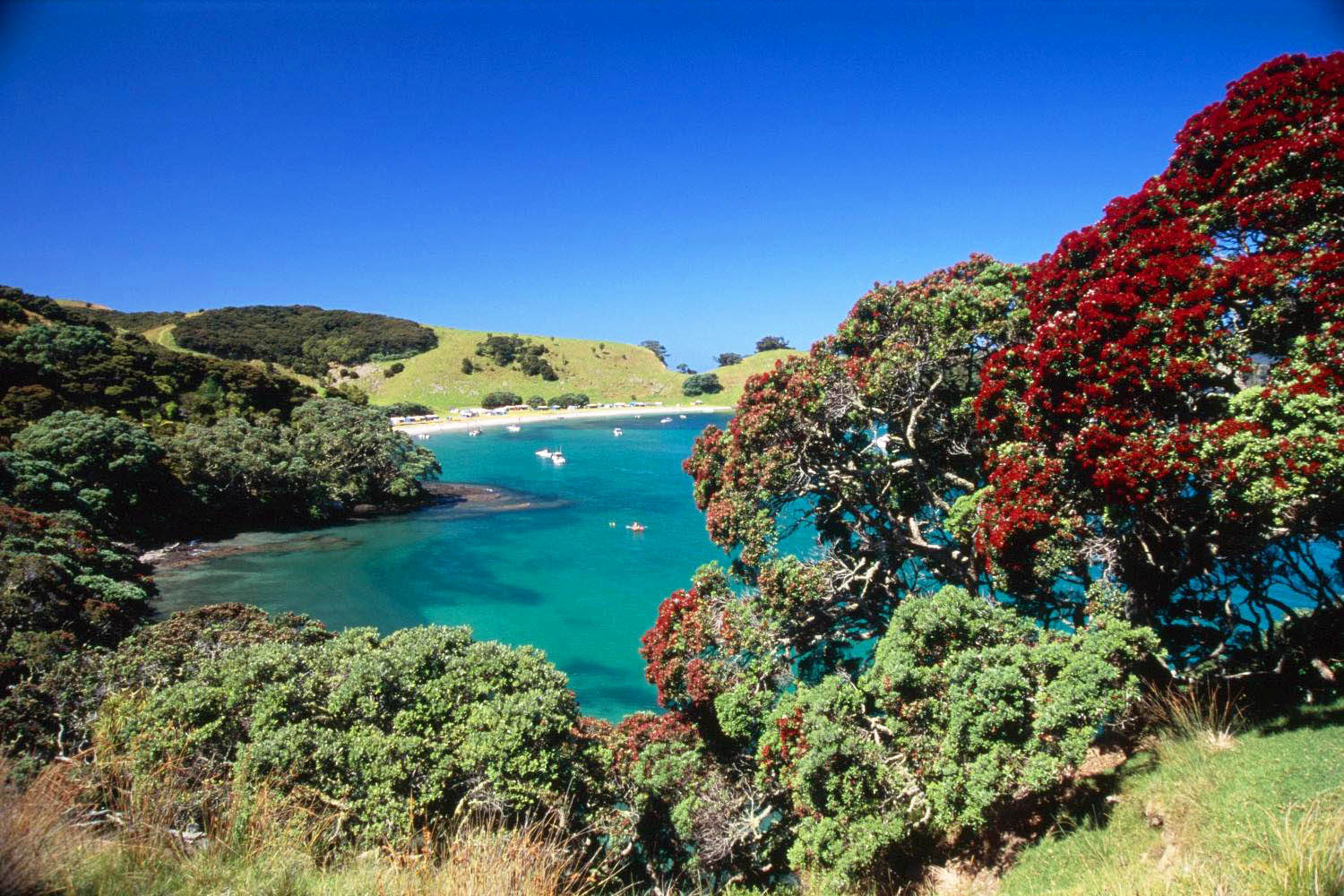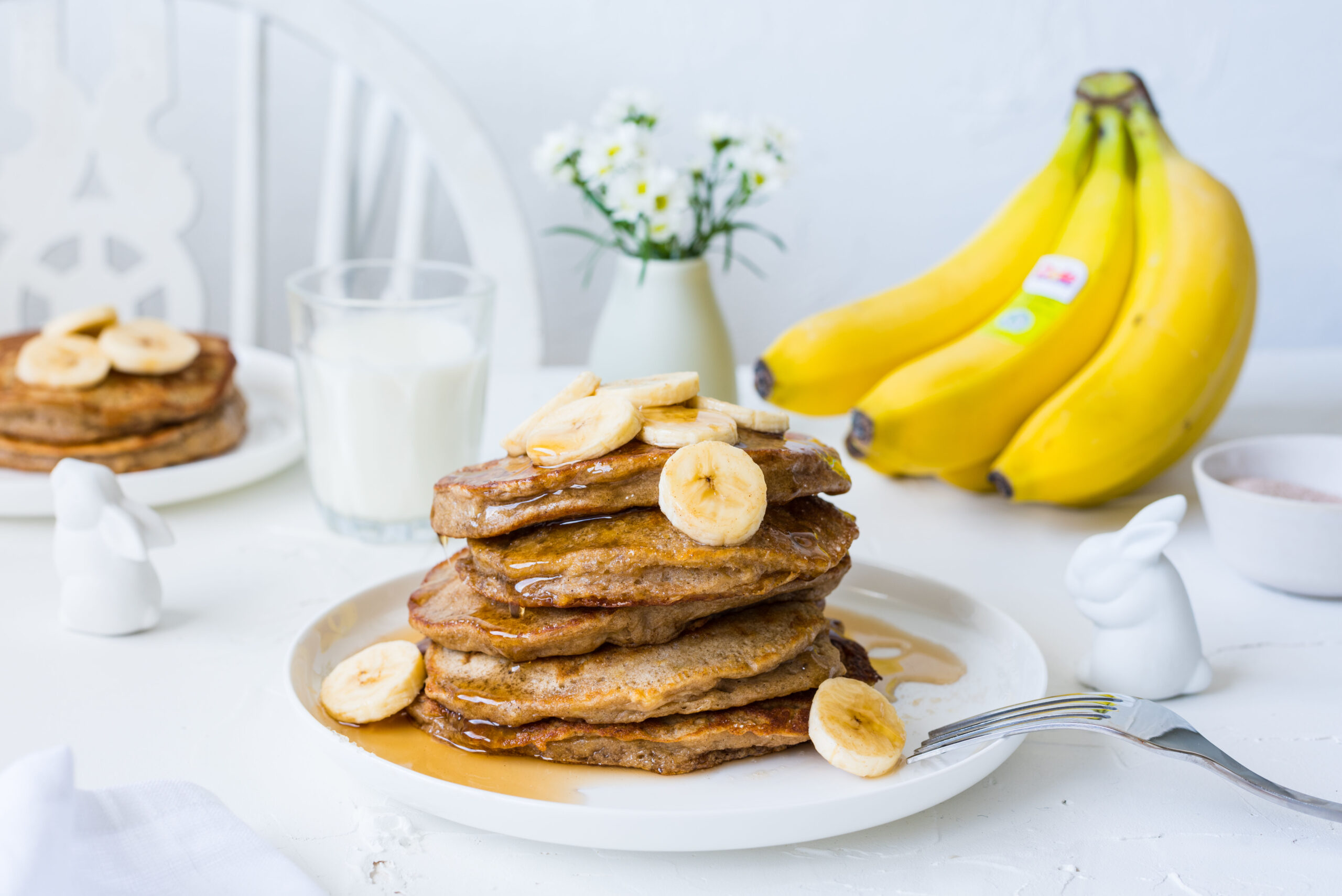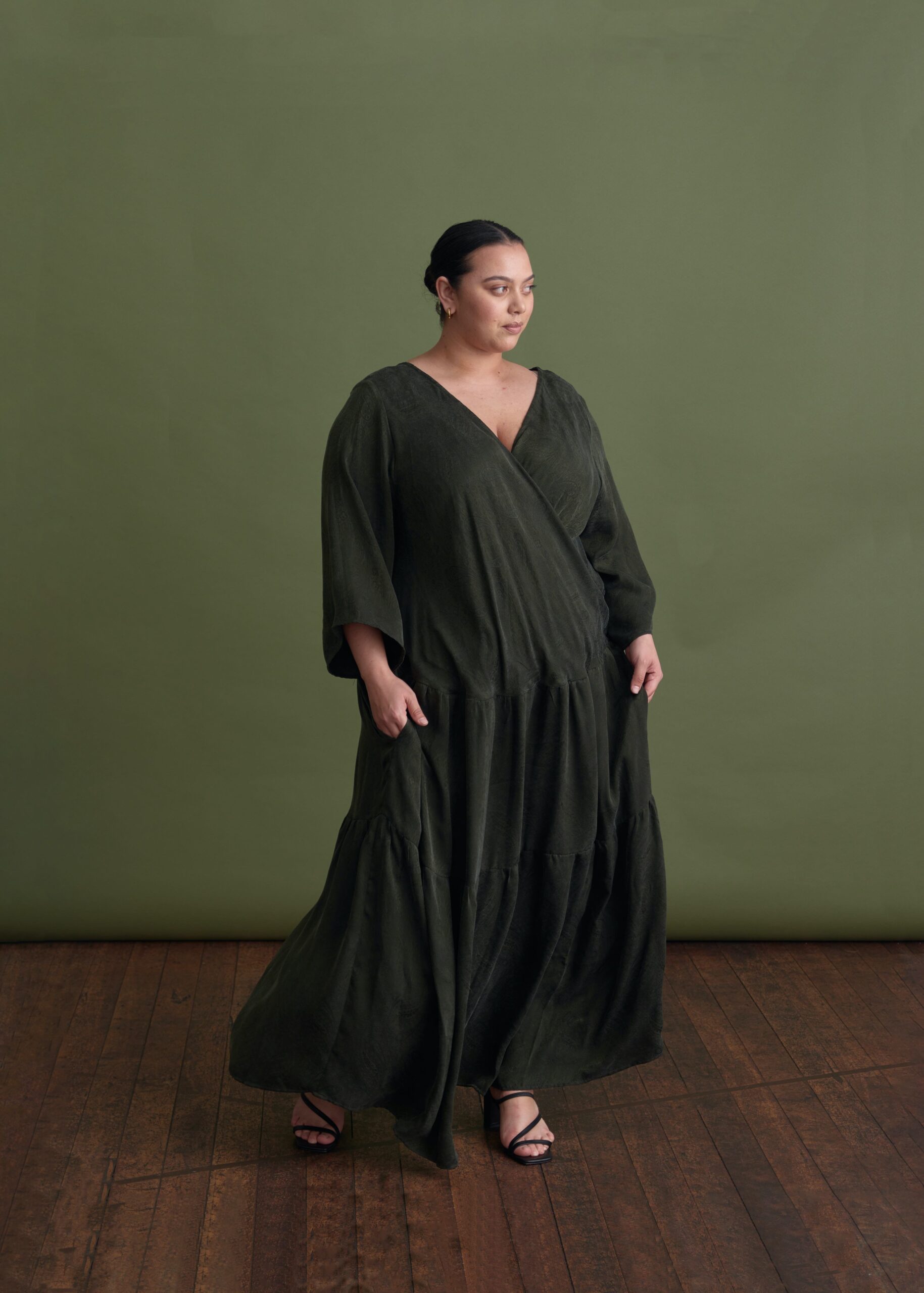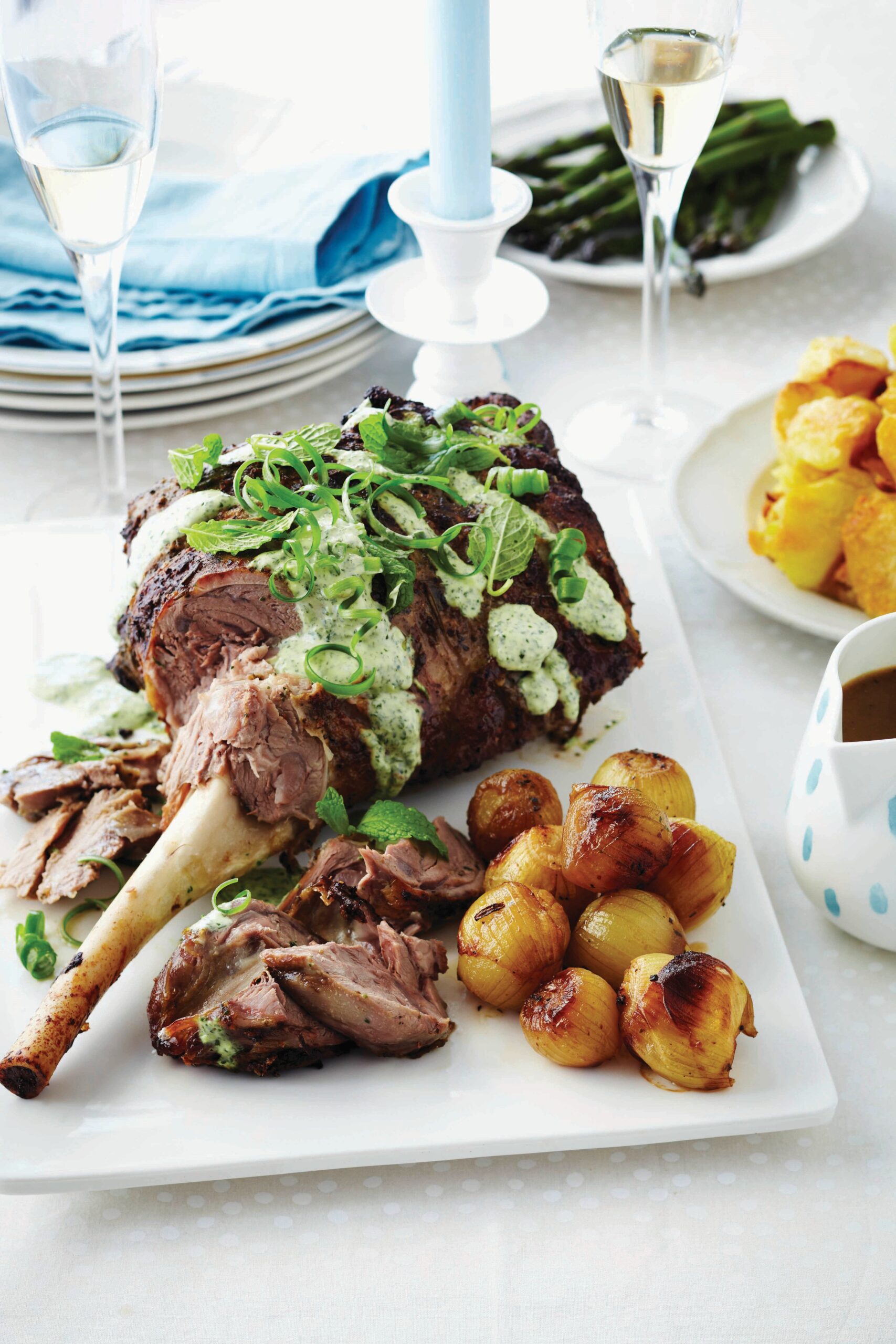Camping takes some effort, and has its challenges, but as Sarah Heeringa maintains, it’s still one of the most memorable ways to experience our best coast and bush.
There’s nothing quite like rolling out of your tent to share a camping breakfast and plan the day’s activities, or the indulgence of a starlit, philosophical discussion around the campfire while the children are snug and fast asleep in the tent a few metres away.

One of my earliest family camping memories is of my dad outside our storm-lashed tent digging a trench to stop the rain from pouring in. I remain a keen camper despite having camped though several cyclones and suffered the indignity on more than one occasion of our tent leaking, our bed deflating, or our tent collapsing. Here are a few tips I’ve learned along the way …
1. Start by compiling a master checklist, allowing time to add more items as you think of them.Print out the list and only check off items as they’re packed.
2. Take playing cards, a first aid kit, sunblock and insect repellent. Make sure everyone has a raincoat and at least one really warm outfit. Thermal tops and leggings are handy for chilly days and can double as PJs.
3. Be sure to pack a hammer for the pegs and the instructions for putting up the tent – it’s amazing how many times we’ve forgotten them!
4. Your tent is all that’s between you and the elements, so given the unpredictable nature of Kiwi summers, you want a sturdy tent that can withstand wind and heavy rain as well as allowing for ventilation on hot days.
5. Between canvas and dome there are a multitude of tent variations to consider including size and weight when packed, ease of assembly, internal dimensions and small but important details such as how many openings the tent has and whether the zips start at the top or the bottom. If it’s your first time camping see if you can borrow a tent and other main bits of gear to try out before you commit to a major purchase.
6. Before buying, consider how many people and how much gear your tent will need to accommodate. Remember if bedding or gear is touching the sides it can cause the tent to leak.
7. Your tent needs may change over time. Larger tents with separate areas are ideal for young families – but as children get older they might prefer to sleep in separate smaller tents.
8. Choose your camping companions carefully. The best camping buddies are the ones you can have a laugh with in the eye of a storm as well as an interesting chat with while peeling spuds together or watching the children swim.
9. If you’re holidaying with young children or reluctant teenagers be sure to join with other families with kids of a similar age. Divide a mixed-age tribe of kids into pairs starting with the oldest matched with the youngest, and establish a dishes roster.

10. Pitch your tents far enough away from other tents to allow for privacy, but close enough that you can use any extra poles and tarps to create a central sheltered shared kitchen area. Sharing meals when camping halves the workload and doubles the opportunities for socialising. A sheltered common area is also handy for shady play or somewhere to congregate if the weather turns.
11. Pick your camping spot with care. Campsites with flush toilets, kitchens and powered sites are like bikes with trainer wheels. Dare to go off the beaten track! For the best places check out our excellent national network of DOC camping sites (www.doc.govt.nz). The facilities might be more basic but the feeling of leaving it all behind – and the view out of the tent when you wake up
in the morning – will be priceless.
12. Check the campground facilities, especially if you’re heading somewhere remote. Is there a store to buy food and supplies from? Will you need to purify drinking water? You may also need to book in advance over the peak summer period.
13. If packing food for an extended stay, use several chilly bins so at least one can be reserved for frozen storage and another used more like a refrigerator. Freeze any bulk items, such as meat, bread, butter or milk and pack into your frozen store. Don’t let anyone open it for the first couple of days and it will stay cold for a surprisingly long time.
14. Keep dried or canned goods, milk powder or cartons of longlife cream for when all the fresh food has run out. Risotto made with dried sausage, veggies and herbs, or homemade sushi filled with egg, cucumber and tinned fish are examples of surprisingly delicious meals that can be made many days after you have left the shops behind. Keep dry goods in sealable plastic bags – they’re lightweight, compact and will help keep food fresh.
15. Keep veggies cool and away from pests in a hanging pantry with mesh sides suspended in a shady spot. Cover them with a wet cloth each day and the miracle of convection will also help keep them fresh.

16. Look for a level spot out of the prevailing wind before pitching your tent. Avoid low-lying areas that might be prone to flooding. Invest in a couple of extra strong pegs and use them to help secure your tent. Tent pegs are easily lost, bent, or broken, so it’s always handy to pack a few spares.
17. An extra ground cloth (even an old shower curtain) placed under your tent will help keep your tent floor dry and snug. I’ve even seen campers bring a roll of carpet to lay out inside their family tent to make it cosy and provide a flat area for board games.
18. Take at least one big lantern and an S-shaped wire hook to hang it up. Give each child their own smaller torch – solar powered or hand pump torches are a great battery-free option, while head torches are ideal for night trips to the loos. Put torch batteries in backwards when packing to prevent them from being accidently nudged on while you’re travelling.
19. A roll of duct tape on hand can be used to patch your tent, mend poles or other emergency fix-it jobs.
20. A well organised campsite is a happy one. Hanging fabric wardrobe organisers make a perfect pantry or central place to put essentials bits and pieces. Use a large-lidded plastic container to keep your phone, camera, matches and first-aid kit safe and dry.
21. Take an extra large black basin and fill it with water each morning so that you can use the sun-warmed water to
rinse off in the afternoon. Bliss!







